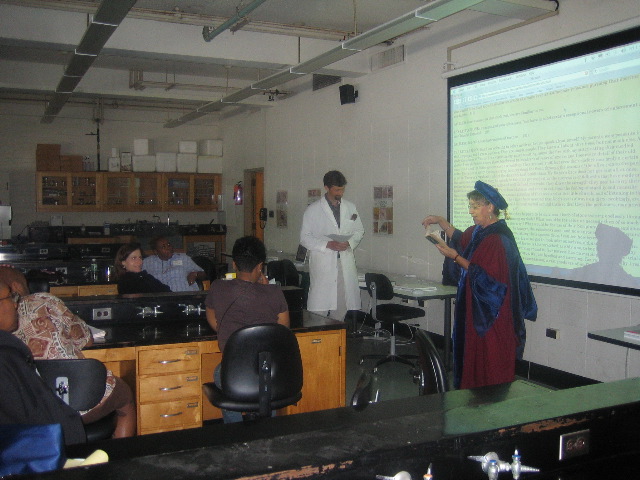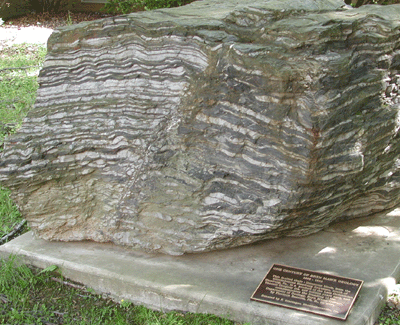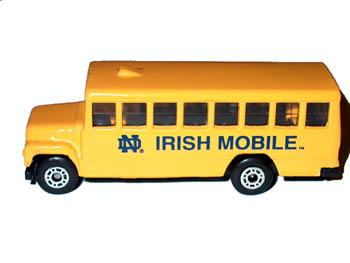Remote Ready Biology Learning Activities has 50 remote-ready activities, which work for either your classroom or remote teaching.
Serendip is an independent site partnering with faculty at multiple colleges and universities around the world. Happy exploring!
Day Ten:
Performing Change

These are the hardest things I heard this week:
My students need someone to tell them they have a future.
They don't have a sense of hope, or any belief that they can be anything other than what they are.
These are districts no one wants to deal with.
And these are some of the most hopeful:
Cynthia: Young children come in with two hungers: a spiritual hunger and an intellectual hunger.
J.D.: Programming a computer is like telling a story to a child.
Don: There's lots of uncertainty. That's what makes it fun for scientists.
Julie: It's not an experiment, if you know what's going to happen.
Terry: This is an amazing reaction. Nothing actually happened.
Randal: You've got to follow the script. Otherwise you develop bad habits.
Liz: The definition of change is that we don't know the rules.
Saroja: Most of the time, I fail by the rule.
(Then there were some silly things....)
Wil: What is an eating event?
(And why does he call a dish a behavioral arena?)
Kim: There will be no weak-hearted people here.
(Not to mention four new risque vocab words:)

Anne and Wil had a (contradictory? paradoxical?) vision of "constant change"--
from cosmology to computers,
from the largest scale to the smallest,
from the most profound to the most technical,
from the earliest to the most recent.
We wanted to explore with a group of interested teachers both ways of
In the end? What happened ?
Let's see....

(Thanks again, Randal.)
Here's my description/assessment of what happened to me:

Meta/phor
I've heard the word
Metamorphosis
bandied about when [teachers] talk:
butterflies, cocoons, and the like.
Having spent some time with rocks
I'd say metamorphism, not metamorphosis
is the better story.
Here's a better one yet....
I started with a rock. My vision got shook up. Jarred. Changed.
I realized I was not in an isolated or closed system, but an open one--watch out!

The Door in the Dark
In going from room to room in the dark
I reached out blindly to save my face,
But neglected, however lightly, to lace
My fingers and close my arms in an arc.
A slim door got in past my guard.
And hit me a blow in the head so hard
I had my native simile jarred.
So people and things don't pair anymore
With what they used to pair with before.
--Robert Frost
What is a simile?
What's a metaphor?
What's the difference?
What are the parts of a metaphor?
What's a tenor?
What's a vehicle?
To help you remember: the story of the "mobile."

More recently (Randal? Claudette? remember?):
Metaphors for Teachers/Classrooms/Students
" In Table Form
All as backstory to the revised story of "change,"
which started with the metaphor of a rock, and is ending
(for me) with something much more fluid: the simile of
change like a river....

Over the past two weeks, I gathered lots "evidence" of this new simile: